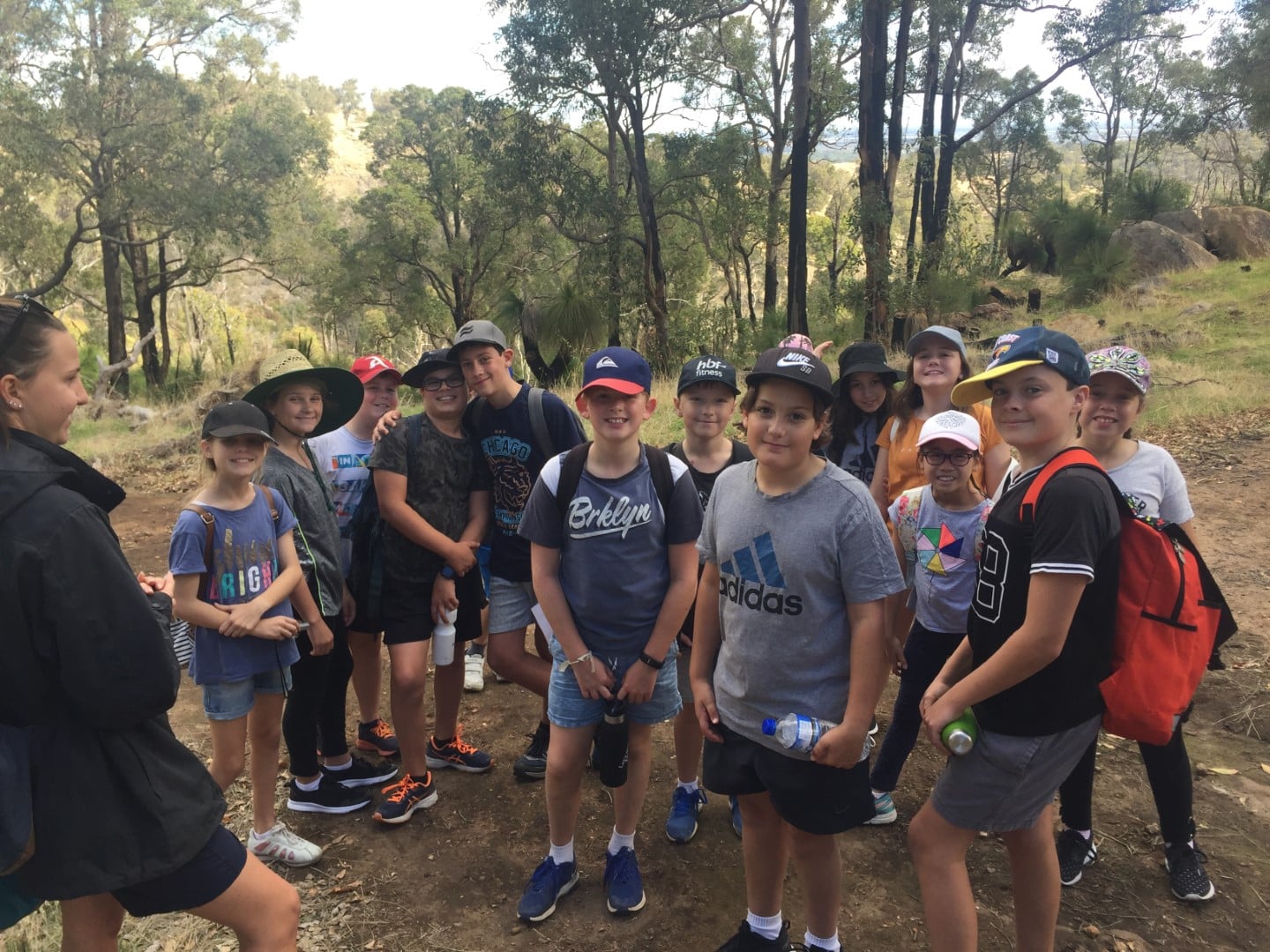

But perhaps more than its predecessors, Avernum 6 is a title that is more enjoyable the more you know of the franchise, and new fans may not understand the grandeur of certain sequences (the final events with X spring to mind). Conclusion One thing often asked of Avernum titles is (can I start off with this one?) The answer is always (yes), as each individual Avernum assumes no prior experience with the system or world and explains everything very clearly. (It all didn't matter, really) might not be the best message to leave for fans of the titles, but I feel it fits the franchise well. But this appears to be intentional: the final message of the very end of the game is that Avernum is by its nature the wild and untamed place it was prior to the events of Avernum 1, and the events of all the Avernum games do little to nothing to change its nature. The main story doesn't always jive well with the way many of these longer storylines are tied up, as the events in-game seem a bit small compared to the grand memories you have of these NPCs. Wisely, the game ties up a lot of loose ends from the previous games, providing appearances of many earlier NPCs (such as X and Solberg) that help finish those characters' stories, as well as providing glances at and possibilities to close the book on factions like the darkside royalists or Rentar-Ihrno's followers. It's a fitting (we're done here) tone for a closing title. Several locations are abandoned, many NPCs tired and despondent. Where Avernum 4 was about a post-apocalyptic, despairing feel, and Avernum 5 about frontierism, Avernum 6 emphasizes that the world is getting old, while at the same time the mushroom blight ran out a lot of its populace. Avernum 6 like its predecessors has an overarching tone that is clearly present in writing and location design. I get it, it's dangerous, I can handle it. Fair enough, but it gets a bit (the boy that cried wolf) when the game keeps warning me for almost every new location I enter. It's not a game that'll hold your hand as you can still mess up, but before it allows you to it'll give you a clear warning in the location description. Less amusing as you reach those serious missions is the game's tendency to warn you. This fits well with the way the narrative scales up, with you beginning as a lowly soldier and only later working your way up to more serious missions. Avernum 6 pokes fun at a lot of conventions, especially early in the game, with a curmudgeonly narrator making light of many of the earliest missions and locations. Overall, the writing is solid but doesn't stand out from the rest of the series. The smaller, inter-personal conflicts and motivations are where a lot of the qualities lie. In general, Avernum 6's quality tends to be in the little things and not in the overall large-scale events and main quests being particularly interesting. The game has a lot of different ending variations depending on the choices you make, who you support and to what extent. As the player, you have a lot of freedom to choose who to aid or even destroy depending on your own opinion of their views. There are a lot of questionable and doubtful things going on, and the different factions and individuals have their own motives and views, which they'll often reveal (to a silly extent).


The antagonists certainly lack the tragic ambiguity of the antagonists of the previous two games, but it's a welcome amount of depth nonetheless.

As you progress through the story, the game hints with greater or lesser degrees of subtlety when things aren't what they seem: political strife, pigheaded officers, wizards that think they can solve anything. Of 2 Story and writing Avernum 6's main plotline is fairly basic, as it's a simple save-the-world type story in which you have to defeat an evil horde.


 0 kommentar(er)
0 kommentar(er)
